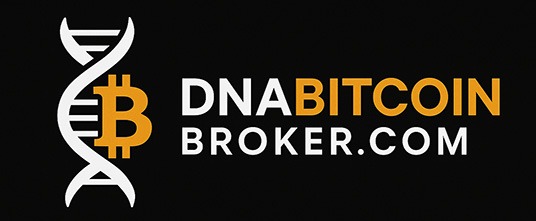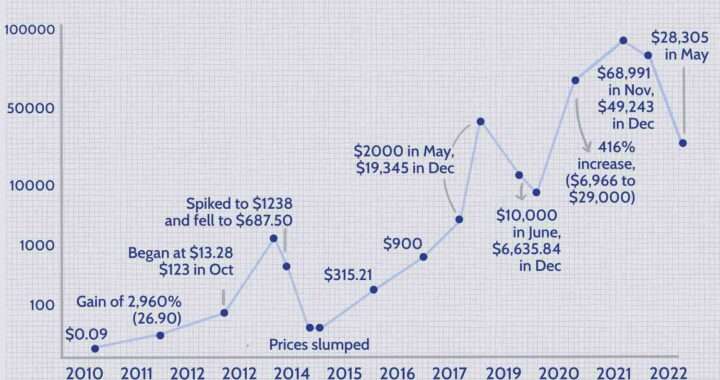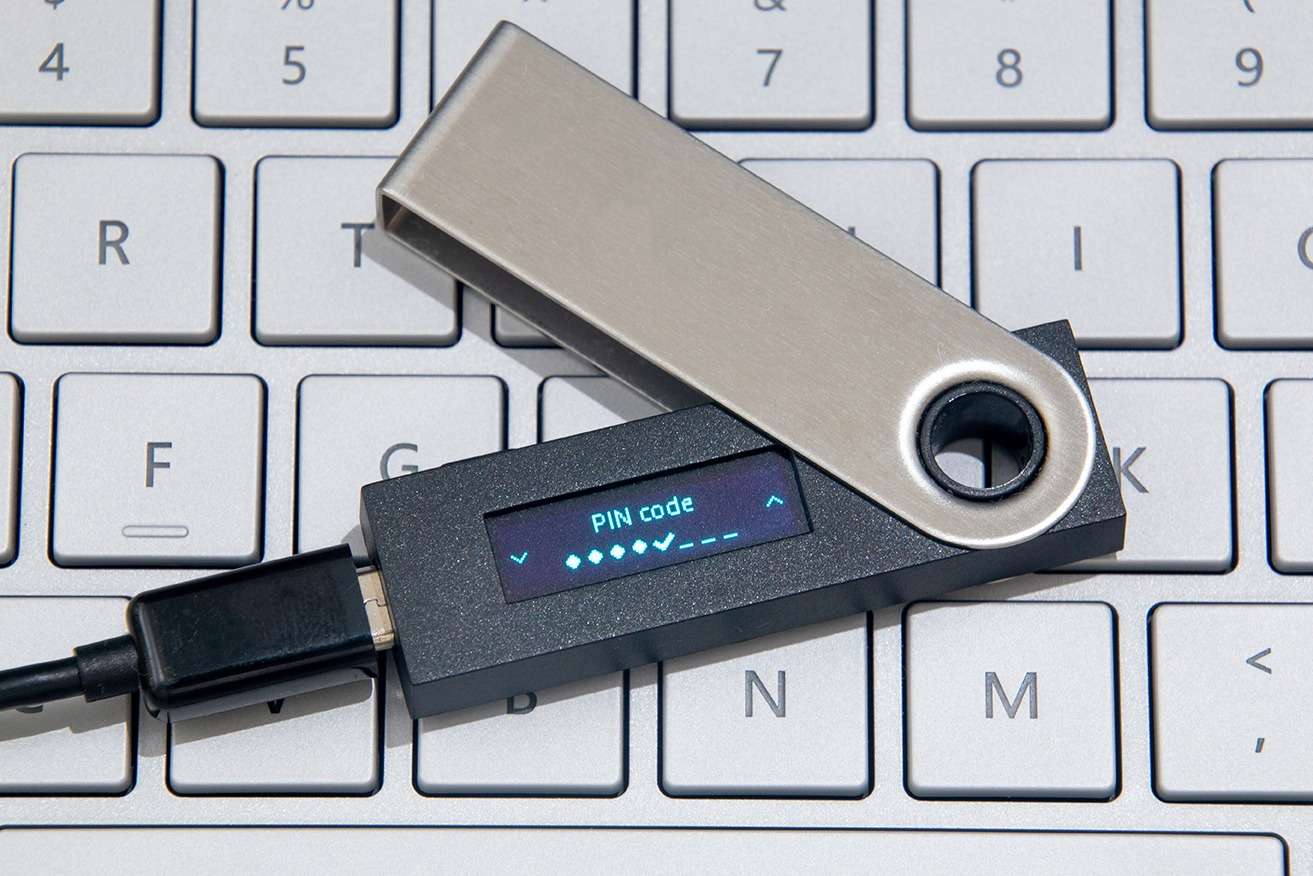In 2009, Satoshi Nakamoto created the first cryptographic block, the Genesis block. Its creation ushered in a series of dominoes, giving birth to an entirely new movement. Nakamoto’s creation has been recreated several times since 2009, and over the years, the aim of the Genesis block has become more definitive than ever.
The Chancellor of the Exchequer, on the brink of the second bailout for banks, is conceivably the most famous phrase concerning the Genesis block. Aside from its deeper philosophical meaning, the term stands for what Bitcoin set out to oppose. The manifesto presented by the Bitcoin movement against the centralised financial system was simple: to give people, us, economic freedom.
Bitcoin seeks to overthrow the existing financial system used by banks, which is a monetary system that Banks or governments can manipulate to benefit an entitled group of people. With Bitcoin, the playing field was levelled. Everyone now has the same opportunities irrespective of race, gender, political affiliation, or religion.
Bitcoin’s dream was realised due to its core values and characteristics. Since the software’s protocol was run and thoroughly executed by nodes around the globe, Bitcoin enabled us to attain financial freedom.
Since its inception, the number of Bitcoin-related activities has grown exponentially. However, this comes at a disadvantage. Some of the core principles that were Bitcoin’s stepping stone are now being ignored or forgotten. Activities such as buying, selling, withdrawing, and custody services have centralised the franchise.
On the brighter side, though, this somewhat centralisation has made the industry face less opposition.
Despite Bitcoin holders having several requirements to meet to detach themselves from a centralised system altogether, we also want to briefly examine the Proof of Keys day.
Proof of Keys
The event celebrated annually has the same birthday as the Genesis block. It was started by Trace Mayor and featured BTC users withdrawing their BTC from companies in mass. Tracer said this was to ensure that these institutions weren’t practising centralised financial methods.
Another critical aspect to consider as we celebrate the Genesis block is the “keys.” Essentially, there are two types of private and public keys. However, we’ll focus more on private keys. As the name suggests, private keys are the only way to spend the BTC in your wallet. With them, you can access or spend your BTC. This is because, on every BTC transaction, the sender places a “lock” on the Bitcoins loaded with the user’s information. Thanks to asymmetric cryptography, only the receiver can access these BTC, which also possess their keys. This, therefore, means that only the receiver influences their Bitcoins.
However, if you have a third-party firm storing the Bitcoin for you, they possess your private keys. Therefore, no special permission is required to move your BTC. In most cases, this process is automated. Nonetheless, it is still essential to enable you to move your Bitcoins, primarily through processes such as withdrawal requests.
In Conclusion
Proof of Keys is a special day in cryptography. It creates awareness for everyone around the globe to fight for their financial freedom and have control over their keys. Remember, “Not your keys, not your Bitcoin.”
Image Source: Adobe Stock
Disclaimer: This article is provided for informational purposes only. It is not offered or intended to be used as legal, tax, investment, financial, or other advice.












